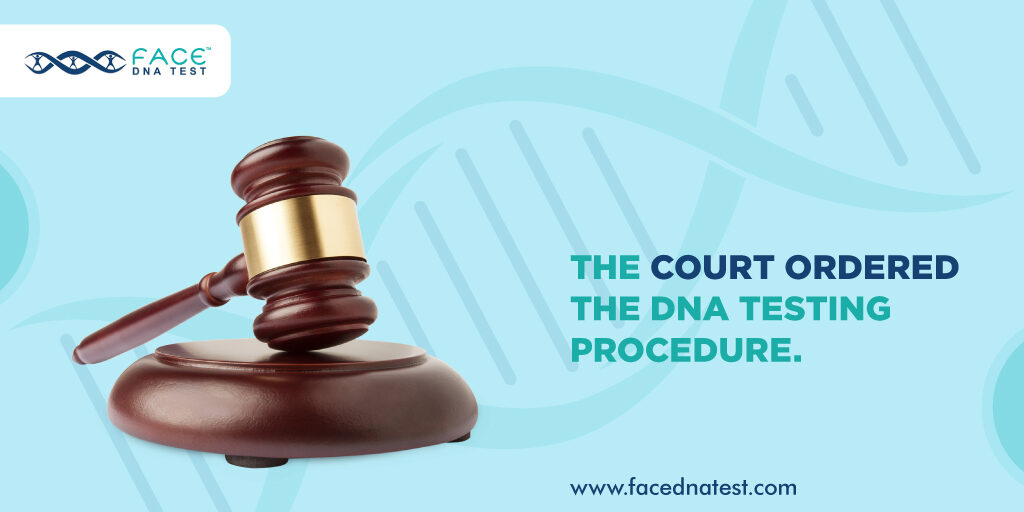Paternity is a term used to describe the legal relationship between a father and his child. The legal paternity test, on the other hand, refers to the legal recognition of that relationship. In other words, legal paternity is the legal acknowledgment of a man as the biological father of a child. In this article, we will explore the concept of legal paternity, how it is established, and how paternity testing plays a role in determining legal paternity.
The legal relationship between a father and his child has important implications for both the father and the child. For fathers, it means they have certain rights and responsibilities, such as the right to make decisions about the child’s welfare and the obligation to provide financial support. A legal paternity test gives children access to certain benefits, such as inheritance and medical benefits.
Legal paternity can be established in several ways, depending on the circumstances. In some cases, legal paternity is presumed, such as when the father is married to the mother at the time of the child’s birth. In other cases, legal paternity may be established through a court order or a paternity test.
Ways to test legal paternity test
Paternity testing is a process used to determine whether a man is the biological father of a child. In the past, paternity testing was complicated and invasive, involving blood tests and invasive procedures. However, with the advent of home-order test kits, paternity testing has become more accessible and convenient.
Home-order test kits can be ordered online or purchased at a local pharmacy. These kits contain everything needed to collect a DNA sample, which is then sent to a laboratory for analysis. The test results are typically available within a few days and are usually very accurate.
Using a home order test kit can be a convenient way to establish legal paternity, especially if the parties involved are cooperative and willing to participate in the process. However, if one party is unwilling to participate or there is a dispute over the test results, a court order may be necessary to establish legal paternity.
Importance of legal paternity test
Legal paternity tests are crucial for determining a child’s biological father in cases where paternity is uncertain or disputed. These tests can have far-reaching implications for the child, the mother, and the alleged father, as they can establish legal rights and responsibilities related to child support, custody, and visitation. Paternity tests are also essential for ensuring that children are protected by the law, as they provide a legally binding determination of who the biological father is. For example, in cases where a mother seeks child support from a man who denies being the father, a paternity test can establish whether the man is the biological father and therefore has a legal obligation to support the child. In cases where a man believes he is the father of a child, but the mother disputes his paternity, a paternity test can help him establish legal rights to visitation or custody of the child.
Furthermore, legal paternity tests can impact children’s emotional well-being, as they can provide clarity and closure about their family relationships. Overall, legal paternity tests are essential for ensuring that the child’s best interests are protected and that legal rights and responsibilities are appropriately assigned. In cases where legal paternity is in question, it is essential to seek the advice of a qualified attorney. A family law attorney can help guide you through the legal process of establishing paternity and can advise you on the best course of action.
It is important to note that legal paternity is different from biological paternity. Biological paternity refers to the genetic relationship between a father and his child, while the legal paternity test refers to the legal recognition of that relationship. In some cases, a man may be the biological father of a child but may not be recognized as the legal father.
In cases where legal paternity is in dispute, a paternity test can help establish the biological relationship between a father and his child. This can be essential in establishing legal paternity, but other factors are considered. Other factors, such as the father’s relationship with the child and willingness to provide financial support, may also be considered.
In conclusion, legal paternity is an essential concept in family law and refers to the legal recognition of the relationship between a father and his child. Paternity testing can be used to establish legal paternity, and home order test kits have made the process more accessible and convenient. If you are involved in a paternity dispute, it is essential to seek the advice of a qualified attorney who can guide you through the legal process and help you protect your rights and your child’s rights.






